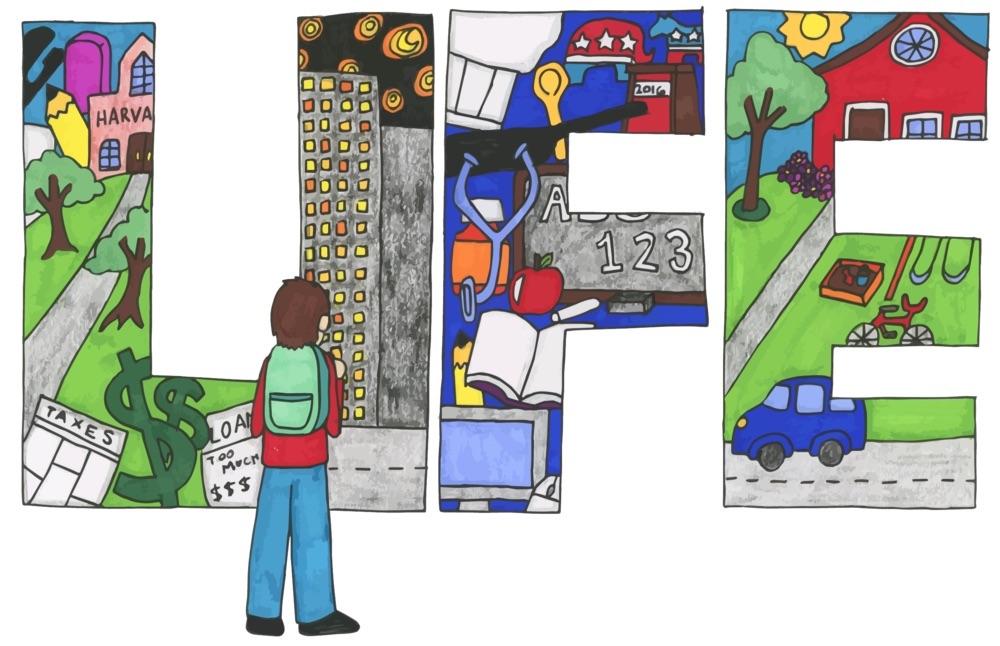I wish that I could make more money; making more money now would give me more freedom — during my education and also in the future when I am looking to join the workforce. There is usually talk about raising the federal minimum wage, but recently President Barack Obama has been pushing the idea hard in light of upcoming midterms, according to an article from The New York Times.
Raising the minimum wage would be incredibly helpful to college students and would be a boon to society at large.
Washington state has the highest minimum wage in the nation at $9.32 per hour. Michigan is seeking to raise its minimum wage to $10.10 an hour, according to an article from NBC. At the national level, employees must receive a minimum wage of $7.25 per hour, according to the United States Department of Labor. The Democratic Party has been seeking legislation to raise the federal minimum wage to $10.10.
It is my opinion that raising minimum wage to a higher level would help students. I am a student who works, and could not afford to attend Whitworth if I did not work during the school year and work more than one job over the summer.
Most students work for minimum wage. At Whitworth, working for minimum wage largely applies to on- and off-campus positions. For a lot of students, this would also apply to seasonal work during the summer and during breaks from school. College students represent 50 percent of the demographic that work for minimum wage, according to an article from USA Today.
Raising the minimum wage would allow students to earn more money and graduate with less debt, allowing them more economic freedom when they enter the workplace and formal economy upon graduation.
In Washington, the minimum wage is adjusted for inflation annually. Adjusting the rate makes Washington ahead of the curve, as it recognizes that the market does not stay the same continuously. College students, and Whitworth students in particular, recognize this when they receive a letter every year that tuition will increase. What provided for an education in 2010 may not provide for an education in 2014.
“Students working many hours don’t have enough time and energy to dedicate to academics at the end of the day,” said Professor Richard Wolff, in an interview with USA Today. Wolff is an economist and a professor in economy at University of Massachusetts Amherst. A bump in pay would allow students to work fewer hours and spend more time on their academics and school-related activities, which is why they attended college in the first place.
Dissuaders might believe that there is nothing to be gained by raising the minimum wage. One argument is that these jobs are meant to be temporary anyway; they are just supposed to be learning experiences. However, it is clear the economic freedom will be gained by students who are earning more. Thus, those students will be graduating with less debt, which will allow them to have a greater investment in the economy while still in college, aiding our overall economy in the long run.
Contact Whitney Carter at [email protected]






